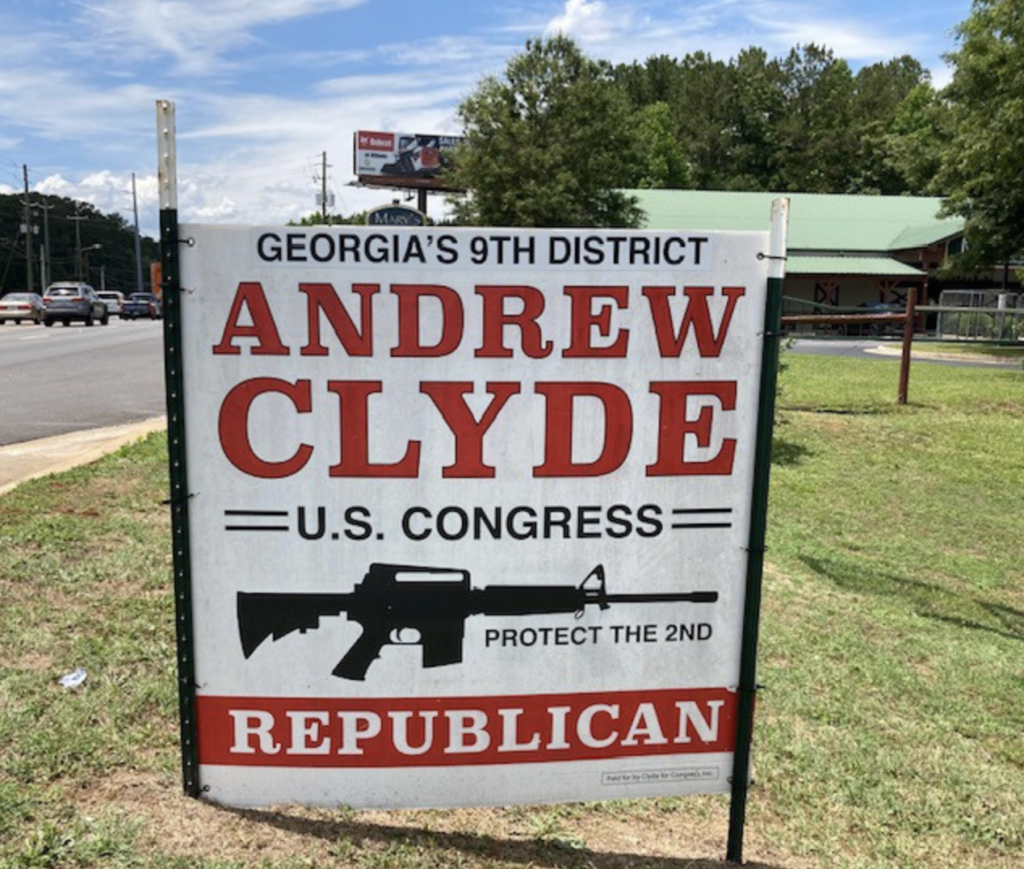Guest post by Noel Holston
The Hon. Clarence Thomas and other “originalists” among the justices of the United States Supreme Court favor a concept with respect to interpretation of the Constitution that asserts that all statements therein must be interpreted based on the original understanding “at the time it was adopted.”
That’s how they justify opposition to, say, gay marriage. The Founders didn’t mention homosexuality — or women, for that matter — so there.
I’m not happy about this, but if that’s the way it is, they should be consistent. Apply their doctrine to guns as well.
At the time the Constitution was adopted, in June 1788, a personal firearm was a musket. A single-shot, slow-to-load musket.
It’s highly doubtful that even Thomas Jefferson and Ben Franklin — visionaries, inventors, Gyro Gearlooses of their times — envisioned anything beyond a musket. The repeating rifle wasn’t invented until 1847, almost 60 years after the Constitution was ratified. Muskets were still in wide use during the Civil War, and primarily — irony of ironies — by soldiers of the Confederacy, the states of which are now among the most protective of their gun-totin’ rights.
No way could Jefferson, Franklin and any other Founder have foreseen M-16s and AK-47s.
So, let Originalist theory reign. Let’s go musket.
Everybody 21 or older should be able to have a musket — a beautiful, wood-and-metal, work-of-art weapon, like Davy Crockett’s “Betsy” — if he, she or they wants. Our government could even provide them for free, like Covid test kits, and require courses on how to handle, use and care for them. They could be etched with our individual Social Security numbers.
But as part of the same campaign, we would collect every single assault rifle and pistol — every unforgiving, grimly utilitarian weapon of war that was never intended for civilian use.

Praise the Lord and pass the powder horn.
Note: Noel Holston is a freelance writer who lives in Athens, Georgia. He regularly shares his insights and wit at Wry Wing Politics. He’s also a contributing essayist to Medium.com, TVWorthWatching.com, and other websites. He previously wrote about television and radio at Newsday (200-2005) and, as a crosstown counterpart to the Pioneer Press’s Brian Lambert, at the Star Tribune (1986-2000). He’s the author of “Life After Deaf: My Misadventures in Hearing Loss and Recovery,” by Skyhorse.
